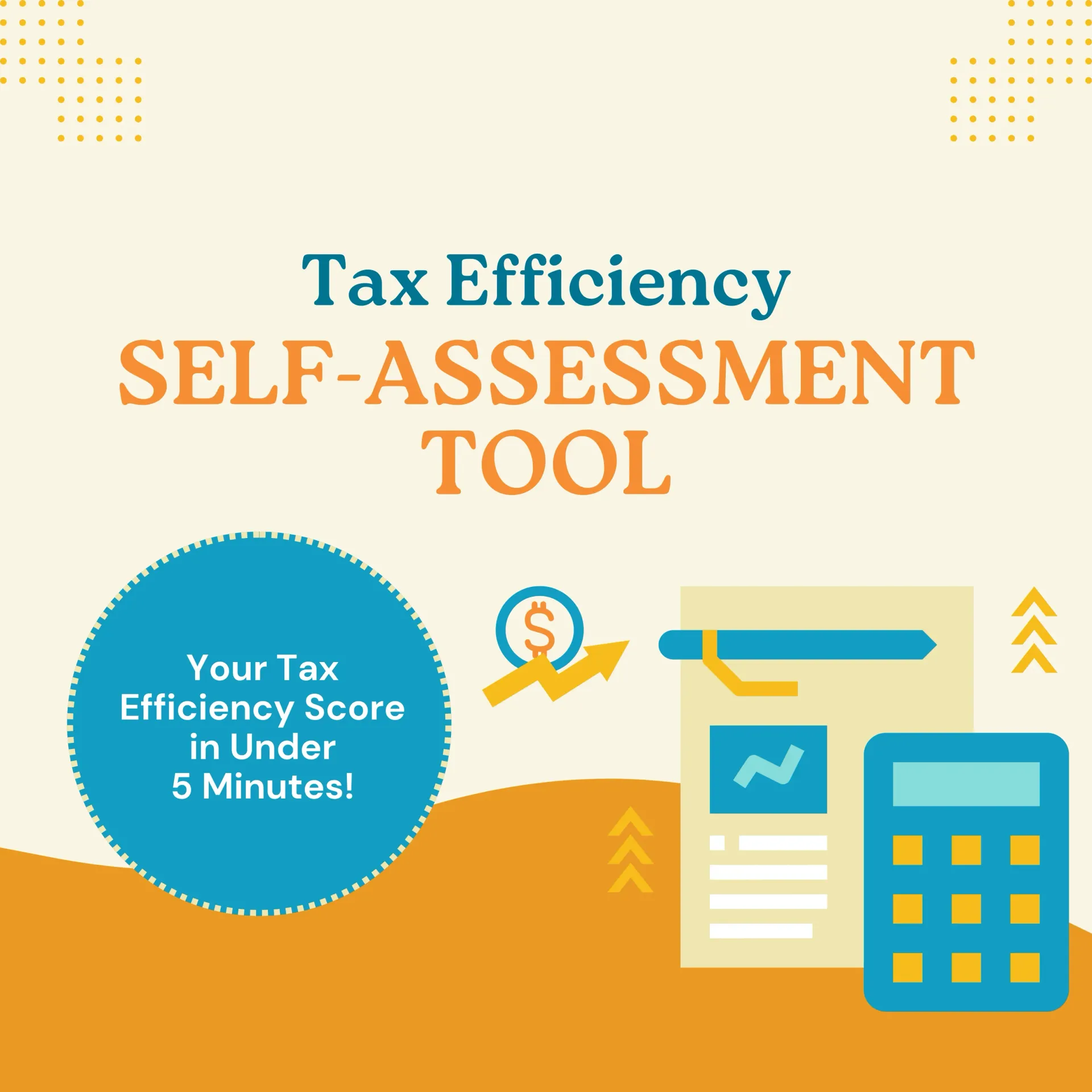How to Handle an IRS Audit Like a Pro: A CPA’s Guide

If the IRS comes knocking, will your business be ready? Most folks don’t expect it—and honestly, who wants to think about an audit until it’s already happening? But whether you're running a booming eCommerce store or a growing consulting firm, being prepared can mean the difference between a smooth resolution and a financial headache.
IRS audits can be triggered by all kinds of things—red flags in tax returns, unreported income, large deductions, or even random selection. Understanding what prompts an audit, how to navigate one confidently, and how to reduce your risk going forward is essential. That’s why Straight Talk CPAs put together this no-fluff guide—to help you handle an IRS audit like a pro.
In this article, we’ll break down what causes audits, what to do if you get that dreaded notice, and how to keep your business protected. Whether you’re dealing with small business taxes, IRS audit notices, 1099 income reporting, deduction documentation, or looking for tax audit representation, we've got you covered.
What Triggers an IRS Audit?
There’s no magic formula, but there are some common patterns that raise red flags:
1. Reporting Too Many Losses
If your business keeps showing losses year after year, the IRS might question whether it’s a business or just an expensive hobby. Legitimate businesses can lose money—especially in the early years—but consistently reporting losses can invite scrutiny.
2. High Deductions That Don’t Match Income
Let’s say a solo consultant claims $40,000 in travel expenses but only reports $60,000 in revenue. That’s going to look suspicious. Big deductions are allowed—but they need to make sense for your business model and be properly documented.
3. Missing Income
The IRS gets copies of your 1099s and W-2s. If your return doesn’t match what they have on file, expect a letter. This happens more often than you'd think—especially with freelancers juggling multiple income sources.
4. Cash-Heavy Businesses
Restaurants, salons, and other businesses that deal mostly in cash tend to get extra attention. It’s not personal—it’s just harder for the IRS to track unreported income in these industries.
5. Random Selection
Sometimes it's just luck of the draw. The IRS uses algorithms to pick some returns randomly. You could be doing everything right and still get chosen. That’s why being prepared is key.
You Got the Letter—Now What?
Take a breath. Panic won’t help—but preparation will. If you receive an IRS audit notice, it’ll specify what’s under review and how the audit will be conducted. There are three main types:
- Correspondence Audit – Done entirely by mail. Usually for simple issues like a missing form.
- Office Audit – You’ll be asked to bring records to an IRS office.
- Field Audit – An IRS agent comes to your business or home. These are more in-depth.
Step 1: Call Your CPA
Straight Talk CPAs has helped dozens of clients through audits. The first move? Don’t go it alone. Your CPA can read the notice, interpret what’s being requested, and help you gather the right documents.
Step 2: Get Organized
Pull together all records related to the item being audited—receipts, bank statements, invoices, contracts. If the IRS is questioning vehicle expenses, for example, they’ll want mileage logs and proof the vehicle was used for business purposes.
Step 3: Don’t Volunteer Extra Info
Only provide what’s asked. No need to open the door wider than necessary. Overexplaining or offering unrelated documents can derail the process.
Step 4: Be Honest and Professional
If there’s a mistake, own it. The IRS is more interested in resolving issues than punishing honest errors. A respectful tone and clear records can go a long way.
Real-World Example: Construction Business Audit
One of our clients, a construction company owner, was flagged for high equipment write-offs. The IRS requested receipts, proof of business use, and depreciation schedules. Because he had clean books and had worked with our team throughout the year, we were able to respond quickly. The audit was closed with no changes.
Contrast that with another situation where a business owner kept personal and business expenses mixed on the same credit card. That one took months to unravel—and cost more in stress and CPA hours than necessary.
Lesson? Keep things clean year-round, not just at tax time.
How to Reduce Your Audit Risk
There’s no way to avoid audits completely, but here are a few smart strategies that reduce your chances:
1. File Accurate, On-Time Returns
Late filings or math errors can lead to scrutiny. Use accounting software or a CPA to double-check everything before submitting.
2. Separate Business and Personal Finances
Mixing personal and business expenses is one of the biggest audit risks. Keep separate bank accounts, credit cards, and records.
3. Document Everything
Save receipts, keep digital backups, and maintain mileage logs and travel records. If the IRS questions a deduction, you need to show proof—not just say “I remember.”
4. Report All Income
Even if a client didn’t send a 1099, you’re still required to report it. Unreported income is a top audit trigger.
5. Work with a CPA Who Knows the Drill
Straight Talk CPAs doesn't just file returns—we help clients
think strategically, avoid red flags, and stay ready for anything. When tax season rolls around, our clients aren’t scrambling—they’re prepared.
Audit Protection: Is It Worth It?
Yes—especially for business owners who want peace of mind. Audit protection services can cover the cost of representation and give you direct support if an audit arises. It’s not just about saving money—it’s about reducing stress and getting expert backup when you need it most.
Final Thoughts
Getting audited doesn’t mean you did something wrong. But being unprepared can make things a lot worse than they need to be. If you’re proactive, keep good records, and have a solid CPA in your corner, an audit can be a bump in the road—not a crash.
Straight Talk CPAs guides you through every stage—from tax planning to audit response. Whether you’re facing an IRS inquiry or just want to be sure your books are airtight, our team is ready to help.
Discover Your Tax Savings Score in Minutes!


Salim is a straight-talking CPA with 30+ years of entrepreneurial and accounting experience. His professional background includes experience as a former Chief Financial Officer and, for the last twenty-five years, as a serial 7-Figure entrepreneur.
Recent Posts
Straight Talk CPAs offers virtual CPA and CFO services dedicated to boosting your business profits and minimizing taxes. Our tailored approach is perfect for businesses and individuals seeking personalized guidance from a reliable CPA partner.
Phone: (732) 566-3660
Our Services
Straight Talk CPA's. All Rights Reserved. | Powered by CPA Marketing Genius | Privacy Policy | Terms & Conditions | Disclaimer




